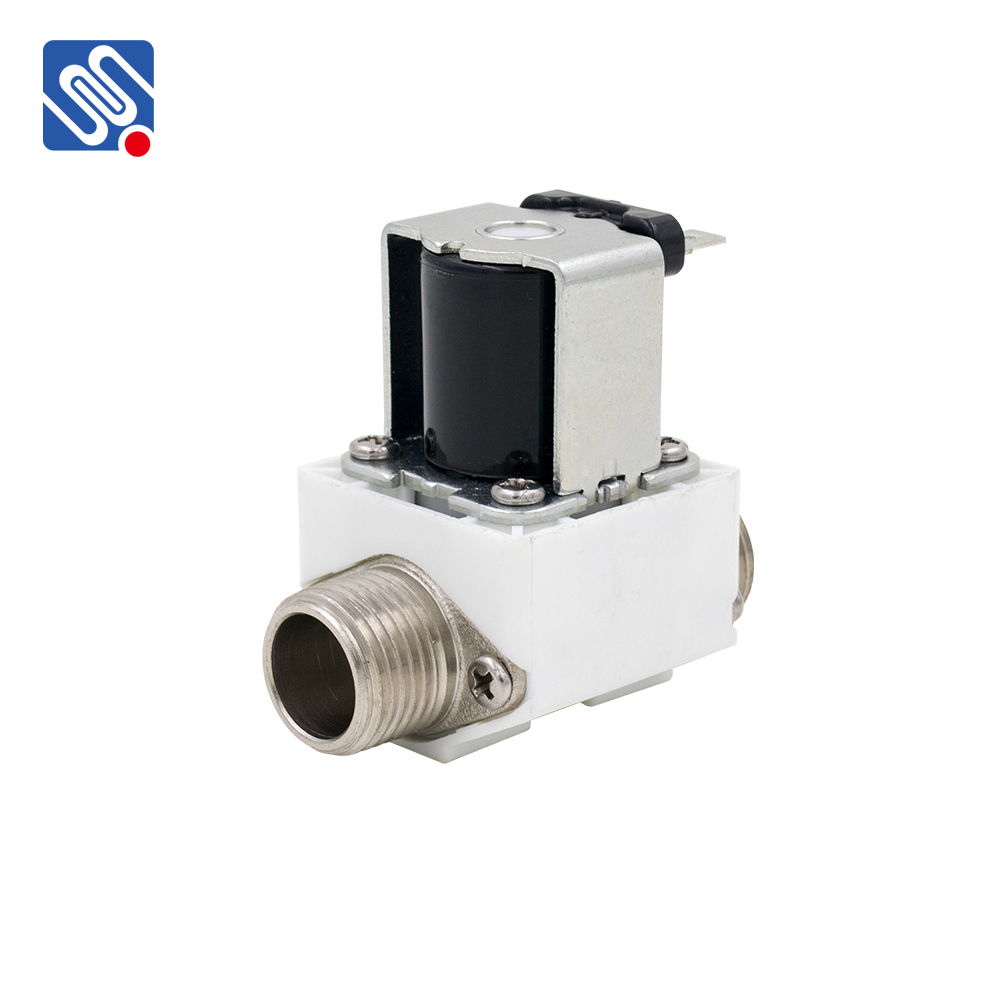A High Flow Solenoid Valve is a critical component in various fluid control systems, designed to manage the flow of liquids or gases through pipes by using an electromagnetic mechanism. Unlike traditional solenoid valves, which are typically designed for low to moderate flow rates, high flow solenoid valves can handle large volumes of fluids, making them essential in applications requiring quick and efficient fluid control. This article explores the technology behind high flow solenoid valves, their advantages, and the key industries in which they are used.

What is a High Flow Solenoid Valve? A solenoid valve is an electromechanical device that controls the flow of fluids by opening or closing a valve using an electromagnetic coil. When an electrical current passes through the coil, it generates a magnetic field that moves a plunger or armature, which, in turn, opens or closes the valve. High flow solenoid valves are designed with larger orifice sizes and more robust construction to manage higher fluid flow rates compared to standard solenoid valves. These valves are typically made from materials resistant to wear and corrosion, such as stainless steel or brass, to handle large volumes of fluids in harsh environments.